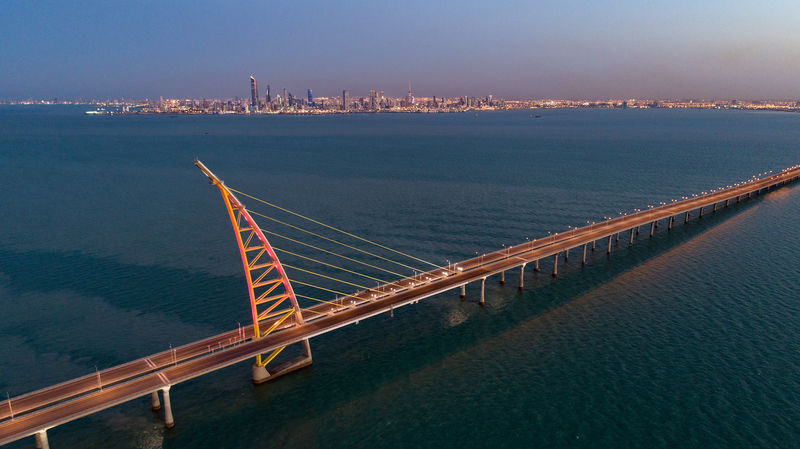By Nafisa Eltahir
DUBAI (Reuters) - Middle Eastern funds plan to continue increasing their investments in Kuwait over the next three months, while largely keeping their exposure to other countries in the region at current levels, according to a Reuters poll.
A third of the managers who took part in the poll said they would increase investment in Egypt, and the same proportion said they would decrease investment in Qatar.
Six of the 11 fund managers polled said they would increase their investments in Kuwait, continuing a trend from previous months.
Kuwait's (BKP) index is up 20.7 percent this year, making it the best performing market in the region.
Last week, index compiler MSCI said it would upgrade Kuwaiti equities to its main emerging markets index in 2020, a move that could trigger billions of dollars of inflows from passive funds.
That decision "further supports our constructive view on our existing holdings in Kuwait," said Mohamed El Jamal, head of public markets at Abu Dhabi's Waha Capital.
Kuwait's Capital Market Authority said on Tuesday that Kuwaiti stocks could attract inflows of around $5 billion.
Four of the 11 fund managers polled said they were increasing their investment in Egypt.
The Egyptian market is up 8.17 percent this year, outperforming other markets in the Middle East region, including Dubai, Abu Dhabi, and Qatar.
Economists polled by Reuters last month expected Egypt's economy to grow 5.5% in the current 2018/2019 fiscal year.
Egypt has "the best growth profile in MENA," said Vrajesh Bhandari, senior portfolio manager at Al Mal Capital in Dubai.
"However, inflation and interest rates need to subside," he added.
The same number of managers said they were decreasing their allocations in Qatar, whose (QSI) index has been one of the worst performers this year.
"Valuations [in Qatar] are now rich" after a compulsory stock split, leading investors to move money out of the market, said Vishal Gupta, portfolio manager at Rasmala Investment Bank.
A ten-to-one stock split for companies on the Qatari exchange started on June 9, with the aim to encourage small investors to invest to increase liquidity.

Most fund managers said they would keep their allocations in the United Arab Emirates, Saudi Arabia, and Turkey the same.